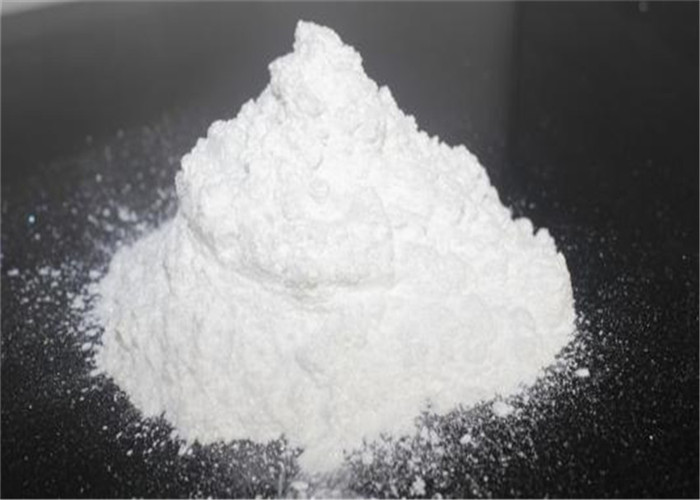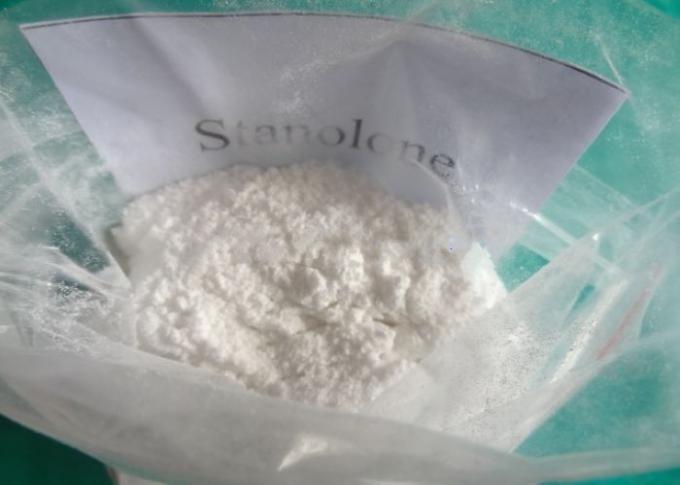Pharmaceutical Raw Materials Dehydroepiandrosterone With High Purity
Introduction
Nom du produit:Dehydroepiandrosterone CAS#:53-43-0 CE:200-175-5
Formule moléculaire:C19H28O2
Masse moléculaire:288.40
Propriétés:white or white-like crystal powder
Applications:
Déhydroépiandrostérone (DHEA) is not a hormone but it is a very important prohormone secreted in large amounts by the adrenals in humans and other primates, but not in lower species. It is secreted in larger quantities than cortisol and is present in the blood at concentrations only second to cholesterol. All the enzymes required to transform DHEA into androgens and/or estrogens are expressed in a cell-specific manner in a large series of peripheral target tissues, thus permitting all androgen-sensitive and estrogen-sensitive tissues to make locally and control the intracellular levels of sex steroids according to local needs. This new field of endocrinology has been called intracrinology.
Sports and Athletics
DHEA is a prohibited substance under the World Anti-Doping Code of the World Anti-Doping Agency, which manages drug testing for Olympics and other sports. In January 2011, NBA player O.J. Mayo was given a 10-game suspension after testing positive for DHEA. Mayo termed his use of DHEA as “an honest mistake,” saying the DHEA was in an over-the-counter supplement and that he was unaware the supplement was banned by the NBA. Mayo is the seventh player to test positive for performance-enhancing drugs since the league began testing in 1999. Rashard Lewis, then with the Orlando Magic, tested positive for DHEA and was suspended 10 games before the start of the 2009-10 season. 2008 Olympic 400 meter champion Lashawn Merritt has also tested positive for DHEA and was banned from the sport for 21 mois. Yulia Efimova, who holds the world record pace for both the 50-meter and 200-meter breaststroke, and won the bronze medal in the 200-meter breaststroke in the 2012 London Olympic Games, tested positive for DHEA in an out-of-competition doping test.












 Directeur commercial
Directeur commercial